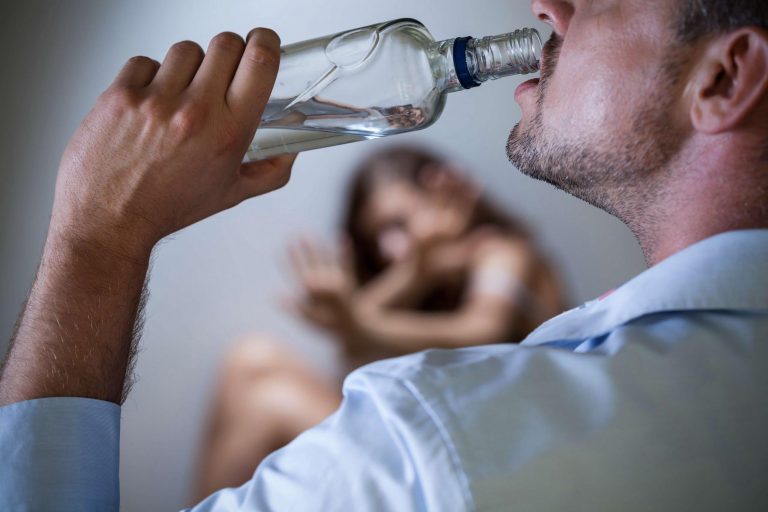Alcohol can aggravate rosacea flare-ups, thus potentially making rhinophyma more severe. If you have rosacea and struggle with alcohol use, you might be putting yourself at risk of experiencing more severe side effects of rosacea. Contrary to the stereotype that rhinophyma is caused by alcohol or alcoholism, rosacea is actually the cause of rhinophyma.
Plavix: Side effects and what to do about them – Medical News Today
Plavix: Side effects and what to do about them.
Posted: Mon, 20 Feb 2023 08:00:00 GMT [source]
In a recent study by The Recovery Village, 44% of respondents reported abusing alcohol in an attempt to ease uncomfortable feelings that stem from underlying anxiety. While these alternative therapies could provide some benefits, you should always speak with a doctor before attempting to use alternative therapies. Ocean Recovery has strict sourcing guidelines and relies on peer-reviewed studies, academic research institutions, and medical associations for our references.
Hair Loss Due to Rosacea
The flushing and redness of rosacea may be difficult to see on brown and Black skin. Nummular or discoid dermatitis occurs more frequently in alcohol abusers, particularly in those with abnormal liver function tests. Alcohol induces vasodilation and facial flushing in people who have rosacea. However, alcohol is not the cause of the skin disease in most people. Transient flushing is also a common side effect of alcohol, particularly in heavy drinkers. Acetaldehyde is thought to cause flushing by stimulating release of histamine.
- However, alcohol is not the cause of the skin disease in most people.
- You nor your loved one are under any obligation to commit to an Ark Behavioral Health treatment program when calling our helpline.
- This is due to the tearing and erosion of the vomit which is acidic in nature.
Rosacea is not caused by alcoholism, but alcohol abuse can affect rosacea, which may worsen the appearance of a drinker’s nose. Alcohol affects your face and skin in general by enlarging both pores and blood vessels. Blood vessels expand and sometimes break, making some heavy drinkers look red and flushed even when sober. Excessive consumption of alcohol may also alcoholic nose lead to the development of spider veins on the face. Once ascites develops, 85 percent of alcoholics survive one year without a liver transplant and 56 percent survive 5 years. Since everyone has different levels of sensitivity to alcohol, those suffering from rosacea will have to test and build their own boundaries to avoid severe flare-ups of alcoholic nose.
Does Cetaphil Lotion Help Rosacea?
Case severity will depend on the individual and certain variables that exist in one’s life that have the potential to aggravate rhinophyma. Severe cases of rhinophyma can see an individual develop an extremely bulbous nose, so much that it appears to be quite disfigured. But https://ecosoberhouse.com/ maybe you are reading this, and you admit you’re struggling with drinking too much. If you want to quit drinking but have found that you can’t do it on your own, a treatment program may provide the direction and counsel you need to overcome your dependence or addiction.
Infographic below shows effects of alcohol on the body (provided by Healthline). Of course, due to the nature of addiction, this is often easier said than done. To give yourself the best chance of recovering and achieving long-term sobriety, consider seeking professional addiction treatment. Well, pressure on your trachea can result in lesser than normal oxygen levels which can cause purple ears and nose. Further tests would obviously be required in order to know why the trachea is under pressure if that is the case. Anemia, lung problems and hyperlipidemia can all be responsible for it.
What Happens When You Mix Prozac and Alcohol?
He had a large, bulbous nose that he referred to as his “gin blossoms,” presumably from the amount of gin he drank. Rhinophyma is the skin condition which causes a person’s nose to grow and become bulbous in appearance. A bulbous nose can be a side effect of the health condition rosacea.

Keep in mind that someone with alcohol dependence usually goes through a few stages before they are ready to make a change. Until they begin to contemplate quitting, any actions you take to “help” them quit will often be met with resistance. For those who love someone living with an addiction, it is very difficult to sit back and let the crisis play out to its fullest extent. John C. Umhau, MD, MPH, CPE is board-certified in addiction medicine and preventative medicine. For over 20 years Dr. Umhau was a senior clinical investigator at the National Institute on Alcohol Abuse and Alcoholism of the National Institutes of Health (NIH).